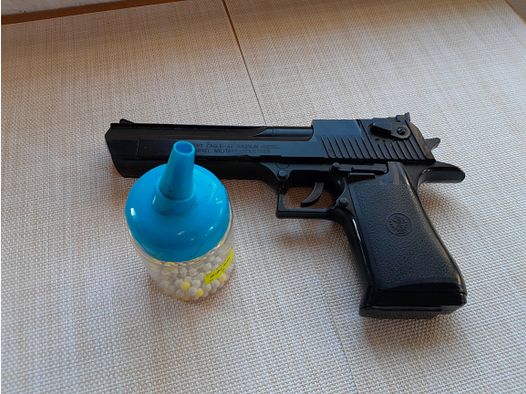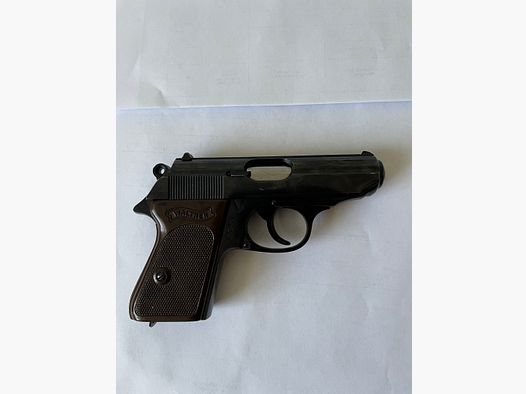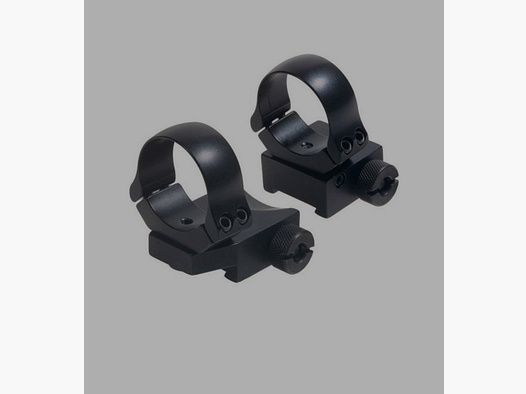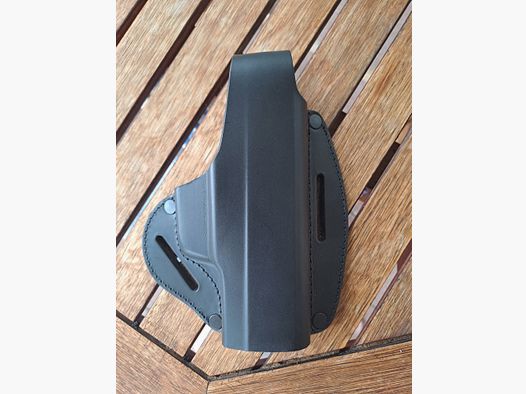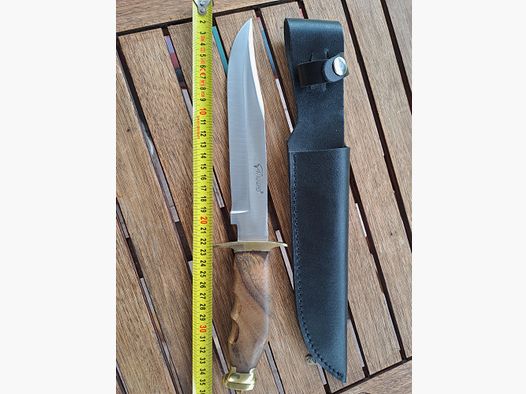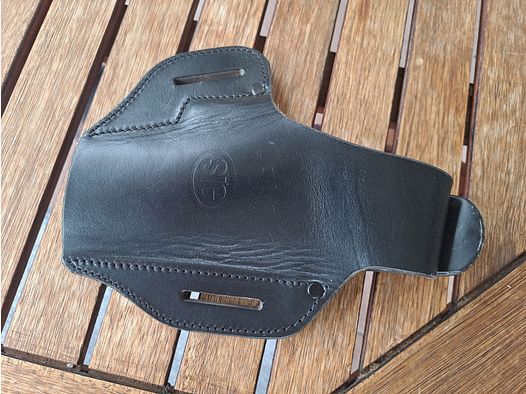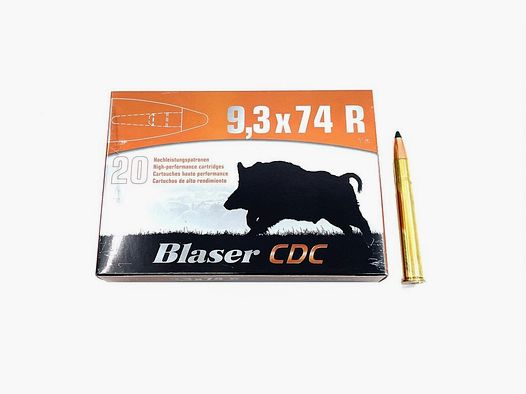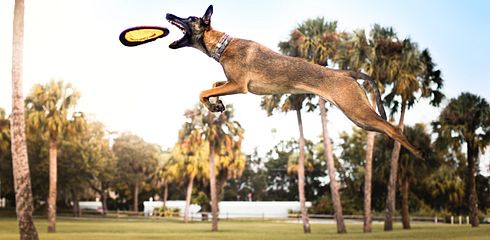The castration of dogs is a topic that causes discussions and uncertainty among many dog owners. While some see the procedure as an important measure for the health and well-being of the animal, others consider it unnecessary and ethically questionable. But what effects does castration actually have on the behavior and health of the dog? In this text, we would like to take a closer look at this topic and highlight both the advantages and disadvantages of castration.
What exactly does castration mean?
Castration in dogs is a surgical procedure in which the sexual organs of the animal are removed. In male dogs, the testicles are removed, while in female dogs, the ovaries and, in some cases, the uterus are removed. Castration is usually performed under general anesthesia and is a relatively uncomplicated procedure that can be done on an outpatient or inpatient basis.
Through castration, the production of sex hormones, such as testosterone in males or estrogen in females, is stopped. This restricts the reproductive capacity of the animal and its sexual behavior. In male dogs, castration can also lead to a reduction or even cessation of marking behavior. Additionally, castration in females can reduce the risk of hormone-related diseases, such as uterine infections or breast cancer.
However, it should be noted that castration does not solve all behavioral problems. Although it is often seen as a solution for aggression or dominance issues, these can also be caused by other factors such as training or genetic predisposition. Therefore, it is important to thoroughly inform oneself about the possible advantages and disadvantages before castration and to consider alternatives if necessary.
What should be considered before and after?
Before castration, dog owners should keep a few things in mind. First of all, the dog should be thoroughly examined to ensure that it is healthy and that no complications will arise during the operation. The dog should also be fasting to ensure that it has no food in its stomach and cannot vomit during the operation.
After the operation, it is important that the dog has enough time and rest to recover. In the first few days after castration, the dog should not jump or run to promote the healing of the wound. It is advisable to keep it in a quiet room and provide a comfortable, soft resting place.
Additionally, the dog must be fitted with a collar or a special protective suit after castration to prevent licking or scratching at the surgical site. It is important to regularly check the surgical site and ensure that it is healing normally.
Another important point is the feeding of the dog. After the operation, the dog should receive small, light meals to avoid overexerting the digestive system. The dog should also have plenty of water available to support the body and promote healing.
Overall, it is important that dog owners inform themselves well before and after castration and follow the veterinarian's instructions. With the right care and attention, the recovery time for the dog can be shortened, and it can quickly return to its normal life.
What does castration cost?
The costs for castration in dogs can vary depending on the region, veterinary practice, and individual dog. In general, however, it can be said that the costs for castration in dogs usually range between 200 and 500 euros, with the price being higher for larger or more complicated procedures.
It is important to note that the costs for castration not only include the actual surgical procedure but also the preliminary examinations, anesthesia, medications, follow-up examinations, and possibly a collar or body after the operation. It may also be recommended to deworm the dog before the operation or to conduct a blood test to ensure that it is healthy enough for the surgery.
It is advisable to inquire about the costs of castration at various veterinary practices in advance and possibly take out health insurance for the dog to reduce costs. In some cases, it may also be possible to have a castration performed at a reduced price through a non-profit organization or an animal shelter.
However, it is important to emphasize that costs should not be the most important criterion when deciding for or against castration. Instead, the health benefits and possible behavioral changes of the dog should be the focus.
When is the best time?
The most suitable time for castration in dogs depends on various factors. In principle, the dog should be physically mature before castration is performed. In most dogs, this occurs at around six months to one year of age.
However, there are some exceptions. In certain medical conditions such as testicular tumors or prostate diseases, castration may also be necessary in younger dogs. In these cases, the veterinarian should decide individually on the appropriate timing.
It is also important to note that castration before or during puberty in dogs can have different effects on behavior. In males, castration before puberty can help reduce certain undesirable behaviors such as aggression or dominance behavior. In females, castration before the first heat can reduce the risk of certain types of cancer.
In any case, it is important that the decision for castration is well thought out and made in consultation with the veterinarian. The veterinarian can thoroughly examine the dog before the operation and advise on the best time for castration. The costs for castration vary depending on the region and veterinary practice but should always be considered in relation to the long-term benefits for the dog's health and behavior.







